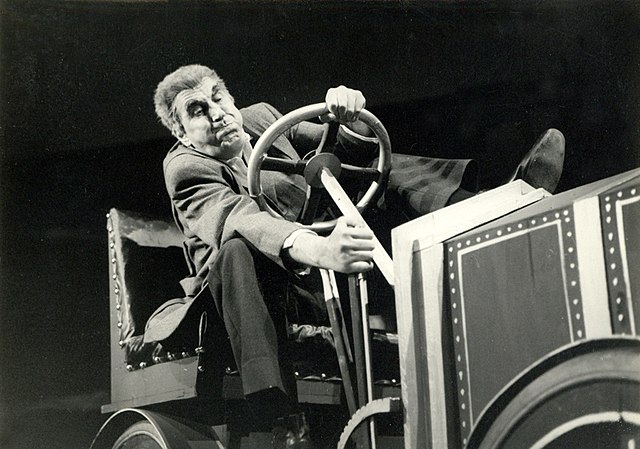
Voice Exercises for Auditions
As a performer, your voice is one of the most important tools in your arsenal. Whether you’re auditioning for a play, a film, or a commercial, having a strong and versatile voice can make all the difference in whether you land the part or not. But how do you improve your voice and make it stand out during an audition? The answer is through voice training exercises.
Warm-up Exercises
Just like with any physical activity, it’s important to warm up your vocal cords before diving into your audition. Some simple warm-up exercises you can do include:
- Lip trills: This exercise involves buzzing your lips together, which helps to relax your vocal cords and warm them up.
- Humming: Humming can help to create resonance in your voice and also warms up your vocal cords.
- Tongue twisters: Practicing tongue twisters helps to improve your diction and enunciation, which is essential for clear communication during an audition.
Breathing Exercises
Breath control is another important aspect of voice training. Here are a few breathing exercises you can do to improve your breath control:
- Diaphragmatic breathing: This involves breathing from your diaphragm rather than your chest, which allows you to take in more air and have better control over your breath.
- Sustained breaths: Practice taking in a deep breath and holding it for as long as you can before exhaling slowly. This exercise can help to improve your breath control and lung capacity.
- Counting breaths: Inhale deeply for a count of four, hold your breath for a count of four, exhale for a count of four, and hold for a count of four before inhaling again. Repeat this exercise several times to improve your breath control.
Vocal Exercises
Finally, there are a number of vocal exercises you can do to improve the quality of your voice. Here are a few examples:
- Vocal range exercises: Practice singing scales or humming up and down in your vocal range to improve your vocal flexibility and range.
- Articulation exercises: Practicing articulation exercises like consonant-vowel combinations can help to improve your diction and clarity of speech.
- Projection exercises: Practice projecting your voice by speaking loudly and clearly while standing at different distances from a wall or other object.
Conclusion
Voice training exercises can make a big difference in the quality of your voice and your performance during auditions. Incorporate these warm-up, breathing, and vocal exercises into your routine and you’ll see improvement in no time. Remember to always warm up before diving into your audition and to practice regularly in order to maintain your vocal health and flexibility. With dedication and practice, you can improve your voice and stand out during your next audition.






